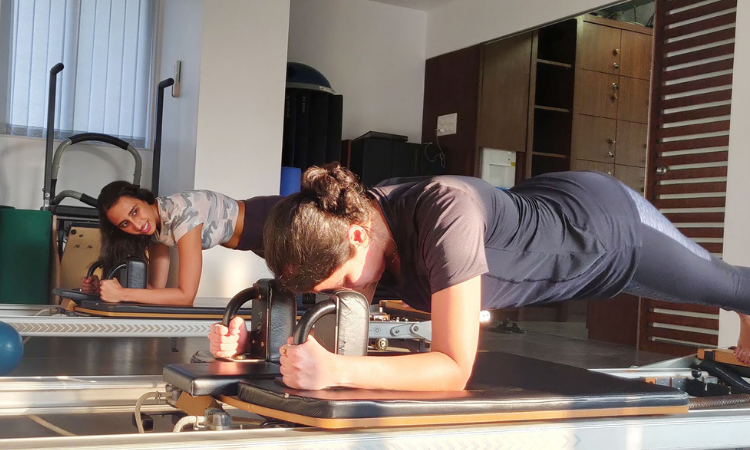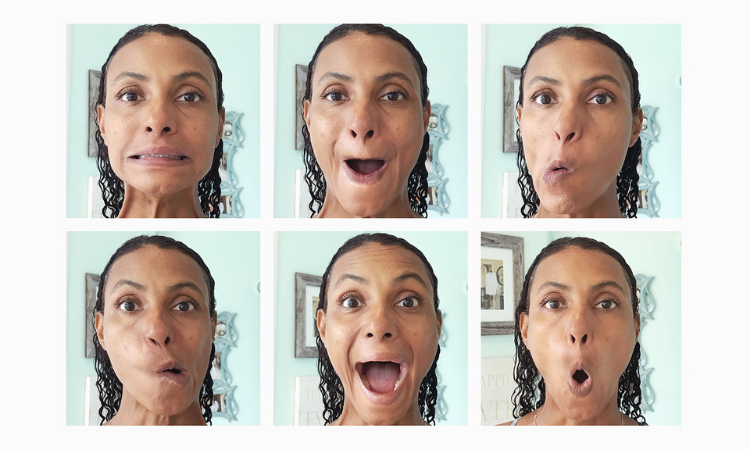Carbs. That one word is enough to strike fear in the heart of fitness enthusiasts. Try putting rice, potatoes, or a roti in their plates and watch them glare at you like you’re the devil. But are carbs really so terrible? Do we really need to run far, far away from them? As it turns out, no and no. The ideal diet to lose weight is one that is balanced, one that includes carbohydrates in the right quantity.
It is true that loading up on aloo parathas, pizzas and biryani is not great for your health. But it is also true that you do need a significant amount of carbohydrates in your diet. Not only is that important for a healthy lifestyle, it’s also a more sustainable plan for the long run.

Image Source
Are you eating enough carbs?
Most weight loss diets tend to ignore carbohydrates completely, leading to a deficiency. Yes, a lack of good carbs can cause health problems for you. “The biggest sign of eating insufficient carbs, or eating bad carbs, is lack of concentration and low energy levels,” Preety Tyagi, health coach and co-founder of my22bmi.com tells us. “Carbohydrates are one of the three macronutrients in our diet. The other two are protein and fat. So the importance of carbohydrates cannot be ignored while planning a diet.”
If your aim is to lose weight, cutting out carbs completely can hamper your efforts. According to dietician Susie Burrell, you need carbohydrates to maintain your metabolism. “If you are consuming less than 80 grams of total carbs each day but doing a lot of exercise, your carbs will be too low to actually metabolise body fat and your metabolic rate will slow down over time,” says Ms Burrell.
Kuchh meetha nahi hai?
We’ve all heard this line or said it after countless meals. Most often, we give in and grab something sweet. But this sugar craving can be indicative of a carbohydrate deficiency. If your meal is well-balanced, your body won’t crave anything in particular.

Image Source
Another symptom of not eating enough carbs is constipation. Carbohydrates are a source of dietary fibre, which you need for a happy and functioning gut.
So what is a healthy carbohydrate intake per day?
“If you eat a 2000-calorie diet, you should aim for about 225 to 325 grams of carbs per day,” Ms Tyagi says. “But if you need to lose weight, you will get much faster results by eating around 50 to 150 grams of carbs.”
The right quantity of carbohydrates depends on several factors including your levels of activity. We also spoke to Leon Sra, head nutritionist at Sepalika, and asked her about an issue that plagues most of us – a sedentary lifestyle. Watch the video below for her insight on how someone with a desk job and lack of physical activity should plan their carbs intake.
Eating a pizza? Keep the cheese, get rid of the base
If carbohydrates have the status of enemy number one, fats come a close second in fad diets. As mentioned above, fats are an important part of a healthy diet. We don’t mean the kind you get in deep fried nuggets. We mean good fats, the kind you get in ghee or cheese. That’s right. A moderate intake of cheese is also good for you, and Ms Sra agrees with us. Watch the short video below for an expert nutritionist’s take on good fats.
Wondering what you should and shouldn’t eat? Since you can’t let go of carbohydrates completely, you need to know which ones are good for you and which will harm your health. Here are a few examples of “good” carbs and “bad” carbs.
Do you really need to go carb-free for dinner?
“Don’t eat after 7pm, don’t eat rotis or rice at night.” Everyone says this, but no one really bothers to explain why. According to Preety Tyagi, eating a carb-loaded dinner can also be one of the main reasons for a restless night. We also asked Ms Sra about the kind of carbs she recommends for the last meal of the day.
We hope these insights help you in planning a more nutritious and sustainable diet for yourself. Stay healthy, people.

 Web Stories
Web Stories











